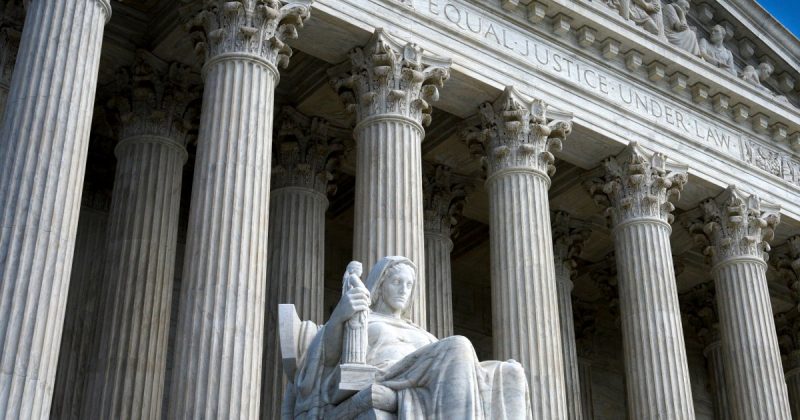
The Supreme Court’s recent decision upholding a Tennessee law banning certain medical care for transgender minors has left a trail of unanswered legal questions. While a victory for opponents of gender-affirming care, the ruling doesn’t provide a clear roadmap for future cases involving transgender rights. The court notably avoided the central question of whether laws targeting transgender individuals should be subject to heightened scrutiny, a legal standard that would require such laws to meet a higher bar for justification. This omission leaves the legal landscape uncertain, and the implications for similar cases across the country remain unclear.
The court’s decision hinged on its finding that the Tennessee law didn’t discriminate against transgender people. However, this narrow interpretation doesn’t resolve the broader issue of whether transgender status itself constitutes a basis for heightened legal protection. Many pending cases across the nation directly challenge this aspect, focusing on issues like participation in sports and restroom access. These cases will likely force the Supreme Court to engage more directly with the question of heightened scrutiny in the future.
Legal experts are already dissecting the various concurring and dissenting opinions in search of clues. While some justices explicitly stated their belief that transgender individuals do not constitute a “suspect class,” others remained silent, leaving room for interpretation. This ambiguity creates uncertainty for both sides of the debate. The lack of a definitive stance on heightened scrutiny leaves the door open for future challenges, potentially leading to further legal battles.
The ruling’s impact extends beyond the immediate case. Cases involving military bans on transgender individuals and state-level restrictions on transgender athletes are now under increased scrutiny. The Supreme Court’s previous allowance of a military ban on transgender service members, as well as the ongoing legal battles surrounding state-level sports bans, now carry increased weight given the present ruling. The lack of clarity surrounding the application of heightened scrutiny in these areas presents significant challenges for advocates of transgender rights.
President Trump’s previous ban on transgender people in the military remains a significant point of contention, and several appeals are pending before the Supreme Court involving challenges to state sports bans. Recent rulings, such as a federal judge’s decision to block the Trump administration from preventing transgender and nonbinary individuals from using an ‘X’ gender marker on passports, further highlight the ongoing legal battles surrounding transgender rights.
In the wake of this decision, both sides will be closely watching for future Supreme Court decisions. The justices’ silence on the key issue of heightened scrutiny leaves the door ajar for further litigation and a potential shift in the legal landscape surrounding transgender rights in America. The next chapter in this ongoing legal saga remains to be written.









